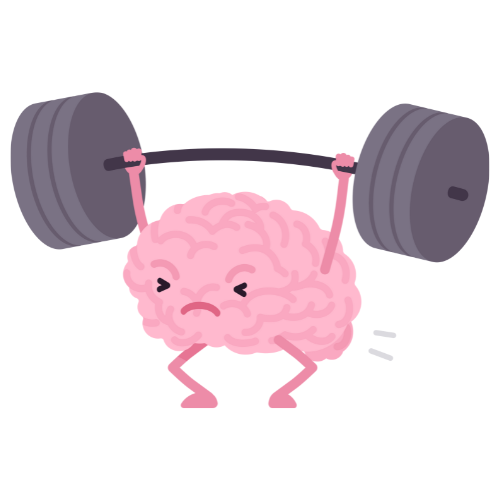Tip 1: Active Recall > Passive Rereading
Simply rereading your notes isn’t enough. Instead, test yourself on the material:
🔸 Use flashcards to quiz yourself.
🔸 Summarize concepts from memory.
🔸 Teach a friend or family member.
💡 Why? Active recall strengthens your memory and helps you identify gaps in your understanding.
Tip 2: Break Big Problems Into Smaller Parts
Don’t let complicated problems intimidate you. Break them into smaller, manageable steps:
🔸 Identify what’s given and what’s needed.
🔸 Solve step-by-step, focusing on one part at a time.
💡 Why? Tackling small steps reduces overwhelm and builds your confidence.
Tip 3: Use Visual Aids Like Diagrams
Visualize abstract concepts with diagrams, graphs, and charts:
🔸 Sketch forces for physics problems.
🔸 Draw chemical structures.
🔸 Use flowcharts for coding logic.
💡 Why? Visual aids simplify complex ideas and make them easier to remember.
Tip 4: Practice Past Papers
Master exam strategies by practicing with past papers:
🔸 Simulate exam conditions with a timer.
🔸 Analyze where you lost marks.
🔸 Revisit weak areas before moving on.
💡 Why? Practice makes perfect—and it helps you get used to how questions are framed.
Tip 5: Don’t Cram—Start Early
Studying in advance beats late-night cramming every time.
🔸 Spread your sessions over weeks for better retention.
🔸 Use a study planner to stay on track.
💡 Why? Spaced repetition cements knowledge more effectively than last-minute stress.




